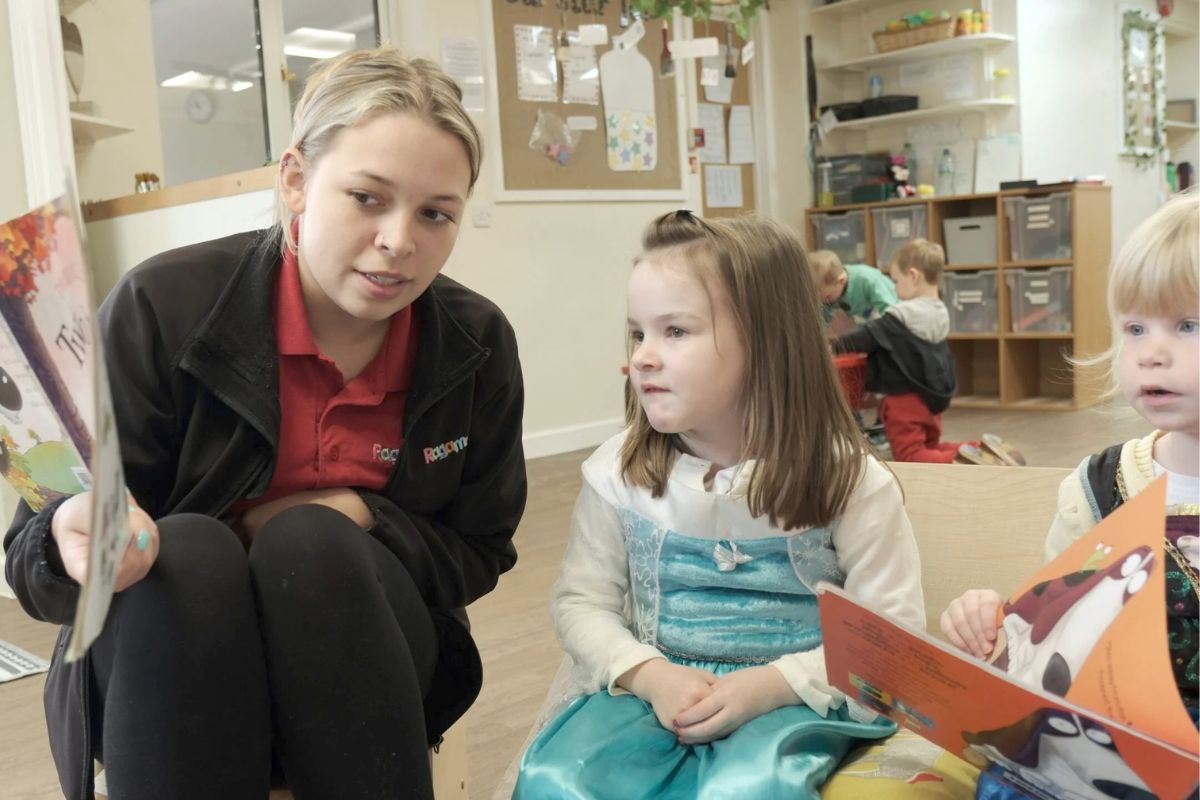Record number of disadvantaged students off to university #ALevelResults2019

Students are receiving their exam results this morning, and signing in to UCAS Track to see if their place at university or college has been confirmed.
A record 17.3 per cent of 18 year olds (18,900 students, which is also the highest on A level results day) from the most disadvantaged backgrounds (POLAR4 quintile 1 ) in England have been accepted – a rise of 0.8 percentage points on 2018. This slightly narrows the gap between the most and least advantaged groups.
In Wales, 15.8 per cent from the most disadvantaged backgrounds have been accepted, and in Northern Ireland the proportion is 13.2 per cent – both new highs.
Across the UK, 28.2 per cent of all 18 year olds have been accepted through UCAS, also a new record for results day. Last year’s figure on A level results day was 27.7 per cent.
In England, a record 28.5 per cent of the 18 year old population have been accepted through UCAS. In Wales, 25.8 per cent of young people will be starting an undergraduate course, and in Northern Ireland, the entry rate is a record 29.4 per cent.
A new high of 33,630 international students from outside the EU have been accepted, driven by a 32 per cent rise in accepted applicants from China.
26,440 EU students have been accepted to study in the UK, a small rise on A level results day last year.
The number of UK 18 year olds accepted is 199,370, a fall of less than 1 per cent, although this comes alongside a 1.9 per cent drop in the number of 18 year olds in the UK population.
More than 348,890 people (of all ages) from across the UK have been accepted so far this year – a 1 per cent decrease compared to A level results day 2018.
A total of 408,960 have been placed on an undergraduate course in the UK so far. This is a 1 per cent decrease on A level results day last year.
All of today’s statistics can be found in our new interactive dashboard , allowing users to visualise and tailor the reporting to their own specification. Updates will be published each working day, until Friday 30 August.
Clearing opened on 5 July and 7,960 people have already used it to secure their place, including 3,690 who applied directly using the post-qualifications route.
In total in 2018, 66,770 people were placed through Clearing, with 17,520 applying for a course for the first time with their results in hand.
Clare Marchant, UCAS Chief Executive, said:
‘Students receiving their exam results today should be incredibly proud of their achievements. Everyone at UCAS wishes you the best of luck for the next few years of rewarding study of your favorite subject, supported by expert tutors and new friends.
‘The record proportions of disadvantaged students off to university, combined with the highest number of international students we’ve seen accepted at this point, is testament to students’ hard work and the attraction of our world-class universities and colleges.
‘For everyone looking for a place today, Clearing offers a new direction. It’s important to take some time today to speak with teachers, parents, and universities for help and advice to make a fully informed decision that’s right for you. Students with a confirmed place can reflect, and if they want to change their mind, they can release themselves online to enter Clearing.’
UCAS, the Universities and Colleges Admissions Service, is an independent charity, and the UK’s shared admissions service for higher education. We manage almost three million applications, from around 700,000 people each year, for full-time undergraduate courses at over 380 universities and colleges across the UK.
Scotland
In Scotland, there is a substantial section of higher education that is not included in UCAS’ figures. This is mostly full-time higher education provided in further education colleges, which represents around one third of young full-time undergraduate study in Scotland – this proportion varies by geography and background within Scotland. Accordingly, figures on applications and application rates in Scotland reflect only those applying for full-time undergraduate study through UCAS.











Responses